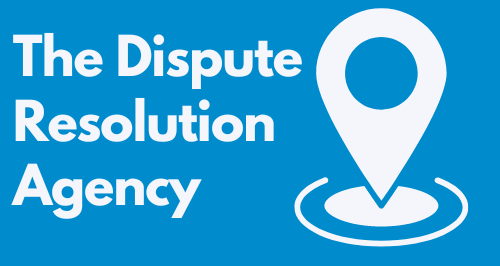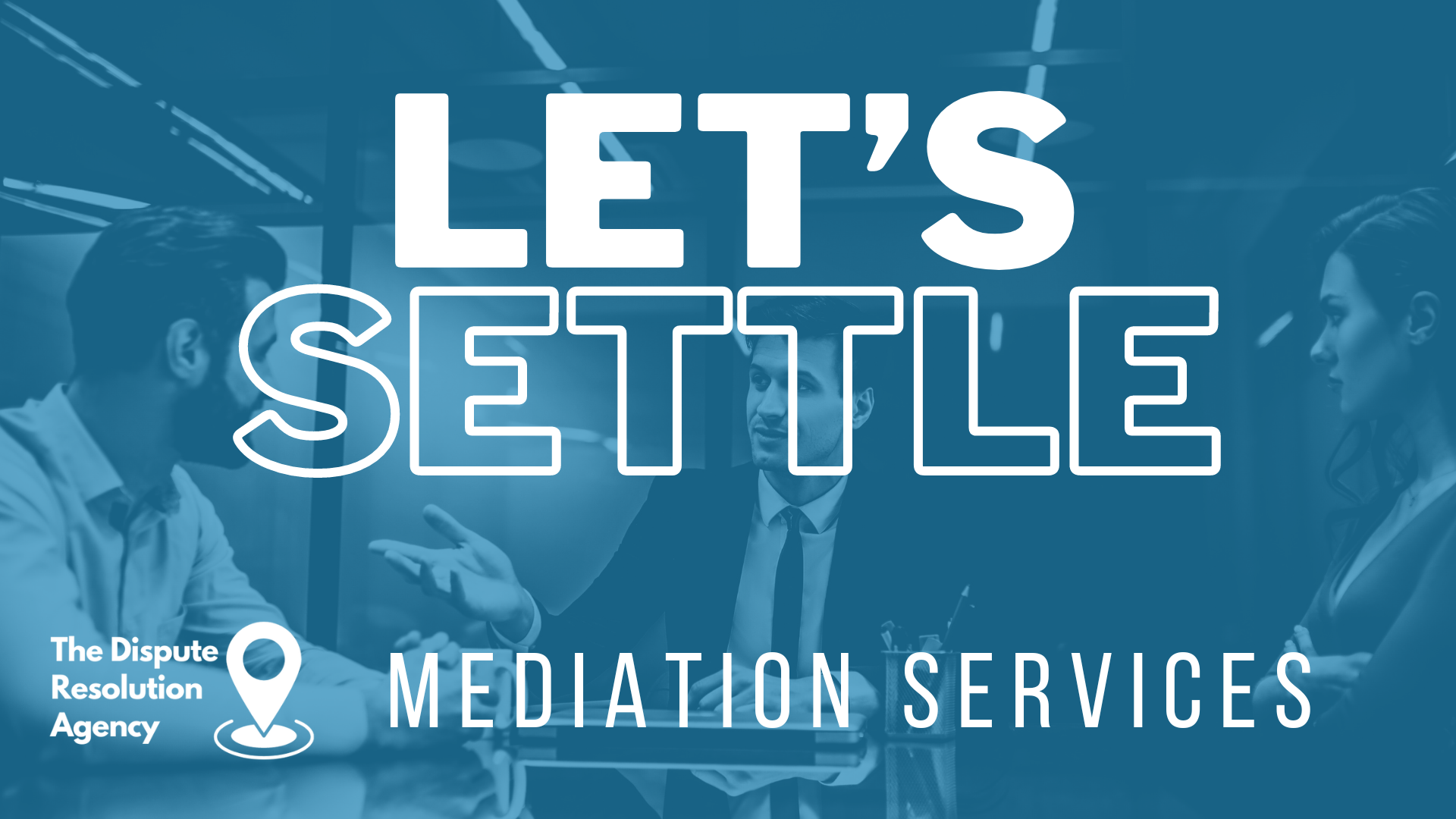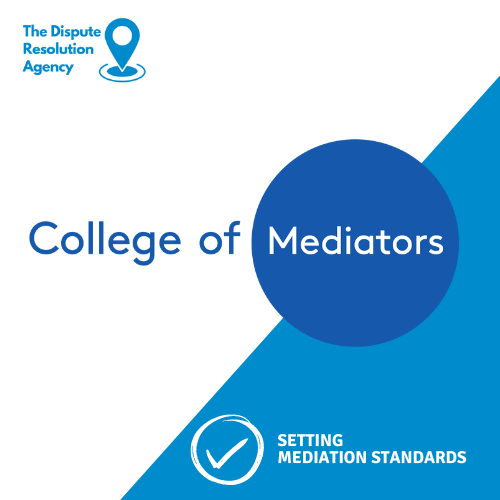Part 2: Evaluative Mediation and Similar Processes in Construction Disputes
Written by Gordon Tregaskis

Early Neutral Evaluation (ENE), Expert Determination, and Evaluative Mediation are all alternative dispute resolution processes that involve the intervention of a neutral third party by agreement between the parties, to help resolve conflicts and/or provide assessments. The three processes differ in their primary focus, the role of the neutral party, and the nature of the outcome. The contrast between these three methods can be seen in the following few paragraphs
Evaluative Mediation in Construction Disputes
Evaluative mediation is a type of mediation approach used to resolve disputes and conflicts, primarily in legal or contract interpretation and is used construction dispute settings where there is genuine disagreement. In evaluative mediation, the mediator takes on a more active and direct role in the process compared to other mediation styles, such as facilitative or transformative mediation.
The key features of evaluative mediation are that the mediator will have a depth of experience in the subject matter in dispute and will be chosen for their subject matter expertise, or legal knowledge related to the dispute at hand. This expertise allows the mediator to provide informed opinions and assessments regarding the legal and factual aspects of the case.
The mediator actively evaluates the strengths and weaknesses of each party's legal positions and arguments. He/she may analyse the potential outcomes if the case were to proceed to court, including the risks and costs associated with litigation. Like facilitative mediators, evaluative mediators engage in reality testing, helping the parties understand the practical implications of their positions. They may challenge unrealistic expectations and offer a realistic perspective on potential settlement options.
Unlike facilitative or transformative mediation, where the mediator primarily facilitates communication and negotiation between the parties, evaluative mediators may propose settlement options and recommend specific terms for resolution.
Evaluative mediation often operates within an agreed legal framework or contract. The mediation agreement terms and conditions will be binding although the outcome of the mediation will not. It will result in an evaluation and not a decision. One key term for an evaluative mediation (from personal experience) is the clause which states that both parties appoint the mediator (and mediation team) and therefore termination can only be validly exercised by joint instruction of the parties.
The mediator may consider legal principles, statutes, regulations, and case law when assessing the dispute and suggesting potential resolutions. These must be appropriate to the governing law of the contract in dispute. In selecting the mediator familiarity with the governing law is essential. Note also, the nationality of the mediator and the type of jurisdiction worked in is important. An English Barrister will likely want to follow adversarial English Court or Arbitration processes whilst a French evaluator may adopt more of an inquisitorial approach.
As with other forms of mediation, discussions and negotiations in evaluative mediation are confidential. The mediator may disclose information to the parties that is relevant to the assessment and resolution of the case. While evaluative mediators provide assessments and recommendations, the ultimate decision-making authority remains with the parties. They can choose, jointly or severally, to accept or reject any proposed solution or settlement, and they maintain control over the outcome.
Evaluative mediation is particularly useful in complex construction disputes where parties may benefit from a knowledgeable third party's insights. It can help expedite the resolution process, as the mediator's guidance can assist parties in reaching an agreement more quickly. It may not, however, be suitable for disputes where preserving relationships or addressing underlying emotional issues are primary concerns, as evaluative mediation tends to focus on the legal and financial merits. Much depends on the mediator’s terms of reference and equitable solutions can be suggested irrespective of legal precedent.
It's essential for parties to understand the mediator's role and approach in evaluative mediation and to be comfortable with the mediator’s level of involvement and the potential recommendations which may be provided. Ultimately, the success of evaluative mediation depends on the parties' willingness to engage in the process and work toward a mutually acceptable resolution.
Early Neutral Evaluation (ENE):
ENE is typically used early in a dispute to assess the merits of each party's case. It is often used in in preparation of legal cases to gauge the strengths and weaknesses of legal arguments and evidence. The outcome may persuade parties to settle their dispute where there are clear winner and losers. Even where the outcome of the evaluation is less clear it can assist the parties in deciding whether to go to the courts or arbitration or settle. The process is usually tailored to the requirements of the parties in dispute and may differ in some particulars to the method outlined below.
In ENE, the neutral evaluator, often a practicing lawyer, retired judge, or technical expert, reviews the formal case presented by each party. The respective cases may be in the form of written pleadings or statements of case and defence and/or counterclaim. A formal hearing may be requested by the parties and witness and other evidence submitted. If there is an agreed oral hearing then it is likely the third party neutral will ultimately provide a reasoned non-binding assessment of the likely outcome if the dispute were to go to trial. The process may proceed with court or arbitration formality and can be seen as a dry run of future court or arbitration proceedings. It would be a decision of the parties to agree whether evidence is given under oath.
The outcome of ENE is primarily an evaluation or assessment of the case. It does not result in a binding decision or settlement. Parties can use the evaluator's assessment to inform their negotiation process or settlement discussions.
The costs of an ENE exercise are likely to be agreed in advance and the evaluators fee paid by each party in equal shares.
Expert Determination
Expert determination involves a neutral expert, often with specialised knowledge in a specific field of engineering or construction, and by agreement of the parties, makes a binding decision on a particular issue or dispute. It is commonly used in technical or industry-specific disputes such as construction and engineering contracts. The Expert should be chosen carefully and by agreement of the parties who must each trust the process and the expert fully in surrendering their party autonomy to settle on favourable terms.
In principle both parties agree to be bound by any decision of the Expert Determiner although the extent to which such determination is enforceable is open to debate and may depend on the jurisdiction where the Expert Determination takes place, the residential jurisdiction or domicile of the parties and other legal factors.
The neutral expert is tasked with making a decision based on their expertise and the information and evidence presented by the parties. Expert determination results in a binding decision or determination on the specific issue at hand.
This solution is not for the faint heated litigant. It is however a relatively cheap form of dispute resolution with the costs of resolution usually shared 50/50.
Summary
In summary, Early Neutral Evaluation (ENE) focuses on assessing the merits of a case without providing a binding decision. Expert Determination involves a neutral expert making a binding decision on a specific issue. Evaluative Mediation combines elements of mediation and evaluation, with the mediator providing assessments and recommendations to assist parties in reaching a non-binding settlement. The choice between these methods depends on the nature of the dispute, the parties' preferences, and the desired outcome, whether it be assessment, binding decision, or settlement.
If the above resonates with you and you would like some advice or guidance, please see our expert panel of Construction and Infrastructure Mediators and Dispute Resolution professionals.
This article was kindly written by Gordon Tregaskis,, leading Mediator, Arbitrator and Barrister. Please read more about him on his DRA Profile.
Expert Advice











